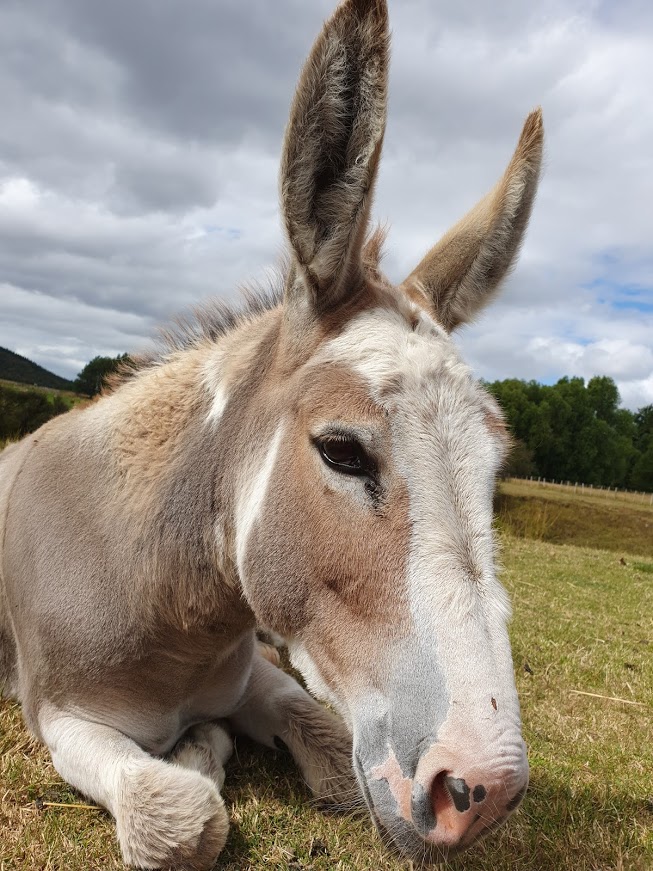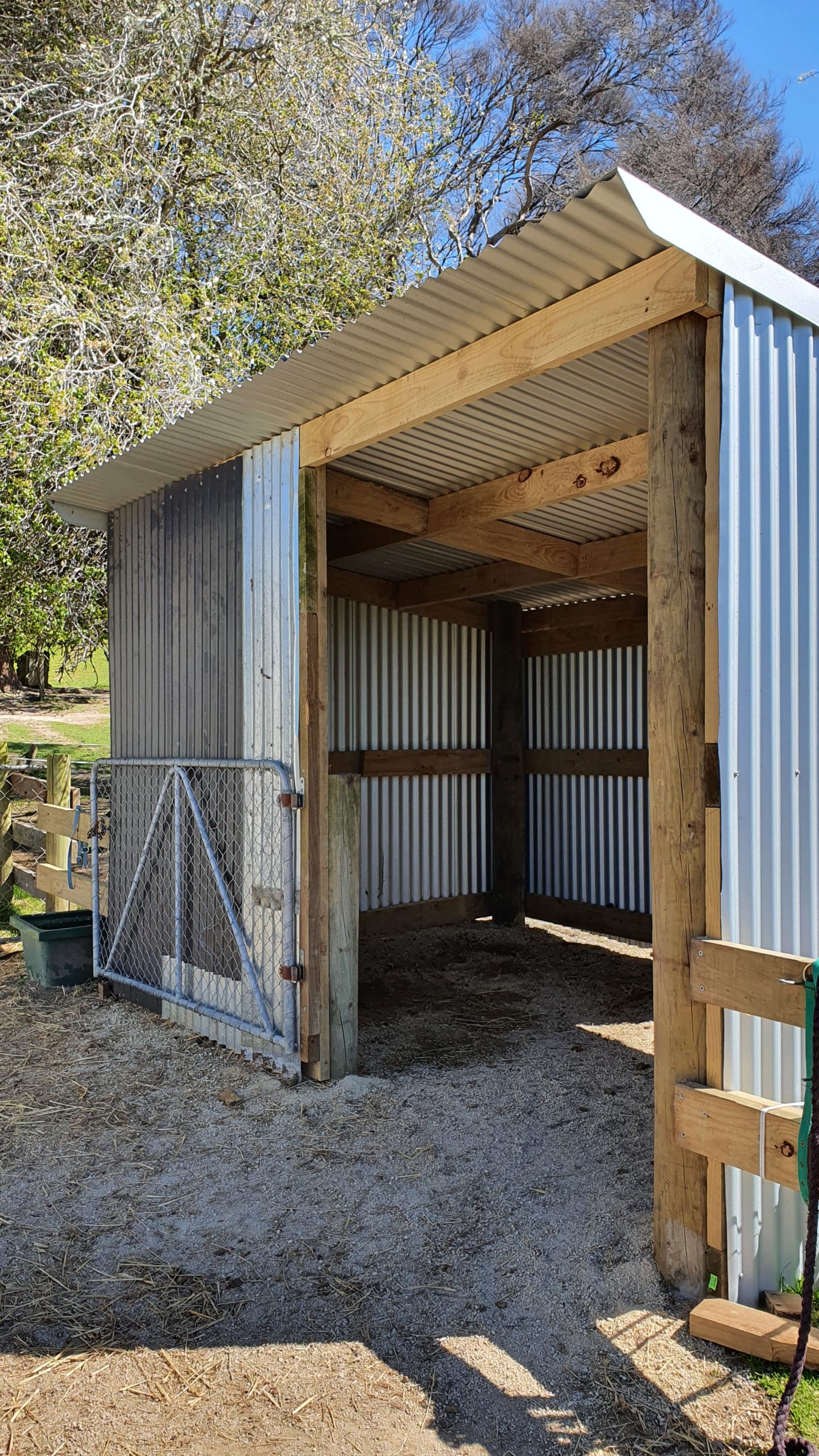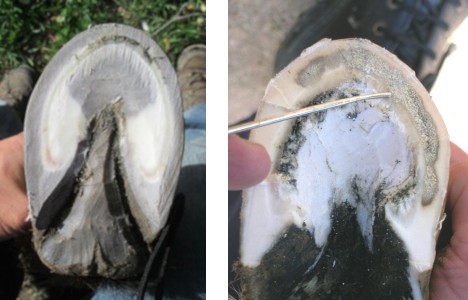Caring for Donkeys
What makes a donkey special
Caring for Donkeys in New Zealand
Donkeys Are Different From Horses
While they have similar physical characteristics to a horse, donkeys are also very different both with respect to their physical needs and their personality traits.
Donkeys can easily live to 40 years old so be aware, a donkey is a life time commitment if not longer.
Emotional Needs
Donkeys are every emotional animals. They bond very closely with other donkeys and have best friends. They thrive best with another donkey as their companion, and do very well in a herd of donkeys. That is not to say they will not bond strongly with another animal such as a horse or goat etc. but another donkey is best and it means their feed requirements are more similar.
If their best friend passes, it is a matter of urgency to find them a new donkey friend or rehome them where there are other donkeys. Donkeys can easily slip into a depression at the loss of their friend, stop eating and as a result develop a potentially fatal condition of hyperlipaemia.
Practical Needs
Shelter
A donkey has no oil in its coat therefore easy access to shelter at all times to protect themselves from the weather is essential. Rugs can be used as an alternative but these must be well fitting, the appropriate weight for the season, and need to be put on and off as required.
Feed
Donkeys require more roughage in their feed than the average horse. They require hay every day to provide that roughage. Access to nibble on branches and trees is also ideal. If not provided your yards may suffer!
The lush pastures of New Zealand are not suited to an animal that has been bred to survive in the desert. Restricting feed especially during the spring and autumn months is something all responsible donkeys owners need to be able to do. This can mean spraying out all grass and giving donkeys only hay and straw for the few months a year when the grass is too sweet. Or limiting the donkeys to very little grass and supplementing with straw and hay.
Exercise
Exercise is also essential in keeping weight off and having happy donkeys. This can be difficult when trading off the risk of too much grass versus allowing them a large area to roam. However they are very playful and often keep themselves fit by playing with each other and toys such as gumboots and tyres.
Hoof Care
Virtually every donkey that the Trust has supported has neglected hooves. “No hoof, no horse” applies equally to donkeys. As mentioned the sweet green pastures of New Zealand is not ideal for donkey as donkeys can become overweight but as a result of that or even before they are overweight, they can also suffer from a very painful disease called laminitus.
At the minimum, donkeys feet must be trimmed by an experienced person every 6-8 weeks depending on the season. Donkey feet are not the same shape as a horse.
Seedy toe as a result of damp ground where the hoof and/or frog rots is not an initial cause for concern as it can be easily treated with copper sulphate or foot rot spray. However left unattended can develop into white line disease which can cause the whole hoof to rot and result in a significantly lame donkey.
Laminitus is however the curse of all donkey owners. Keeping your donkeys off sweet green pasture and watching their weight is the best way to minimise the risk of laminitus. Also avoiding sudden changes in diet. While in some instances it may be manageable, a laminitic donkey will always be susceptible to the disease and prevention will save a lot of pain and anxiety in the future
Dental Care
Donkeys require their teeth to be filed at least every two years. In the desert they would be eating many more trees and bushes which naturally grind their teeth down but we do not provide those harsh conditions and as a result their teeth grow too long. We strongly recommend sedation so therefore a vet visit is required to ensure the job is done correctly – not too much and not too little. Sometimes it can take a number of visits to get the teeth to an acceptable state if the teeth have been allowed to grow too long.



